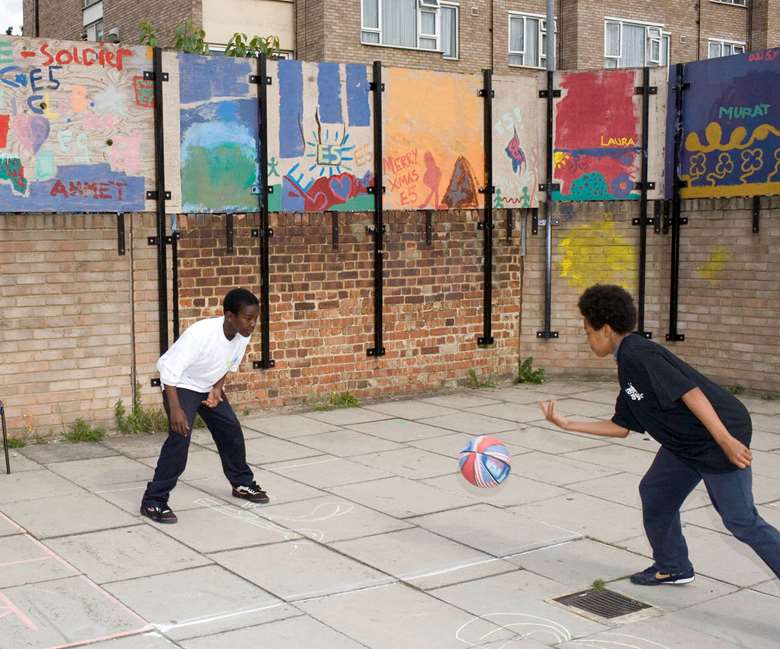Seven in 10 London councils reduce or lose play budget
Janaki Mahadevan
Thursday, May 3, 2012
More than 70 per cent of local authorities in London have either cut funding for play in the past year or no longer have a budget for the service, a survey has found.

London Play surveyed 22 of the 33 councils in the capital between January and April this year. The senior play officers in each authority were asked about their budget, services and numbers of playworkers for the financial year up to March 2012 compared to the current financial year.
The charity said that despite pupil numbers in the capital predicted to rise by more than nine per cent over the next three years, play facilities are being "downgraded and cut back".
Of the 22 councils that responded to the survey, 10 made cuts to their play services in the past 12 months and six had no budget left. Only one council has expanded its service.
London Play chair Melian Mansfield said: “At a time when the number of children in London is rising dramatically, play is being cut. Play is crucial for the health and development of both children and London’s communities, and these cuts will have a disproportionate effect on both.
“Councils need to recognise this and treat play as a priority. All children need to have access to opportunities to play, especially out of doors.”
Camden council made the biggest reductions cutting 66 per cent of its play budget, but it remains one of the biggest spenders on play in London with a budget of £1.5m, which will be used to commission play services from the voluntary sector.
London Play believes that many authorities have worked hard to limit the impact of the cuts on frontline services, and in some cases have developed solutions to enable them to continue to support play.
In some area services are linking up and pooling resources with housing providers or other partners who are able to better engage groups that might otherwise be difficult to reach.
Others, such as Richmond, are increasing income-generating activities. Play workers in Richmond are paid to run sessions in schools and the money raised supports more open access play.
Richmond’s play development manager Barbara Morton said: “While charging for play ranger services may be controversial, developing a business model has been crucial to sustain the service for the future and to continue to offer play provision for the children in the borough.”
But London Play has voiced concerns that other areas are exploring charging for services.




